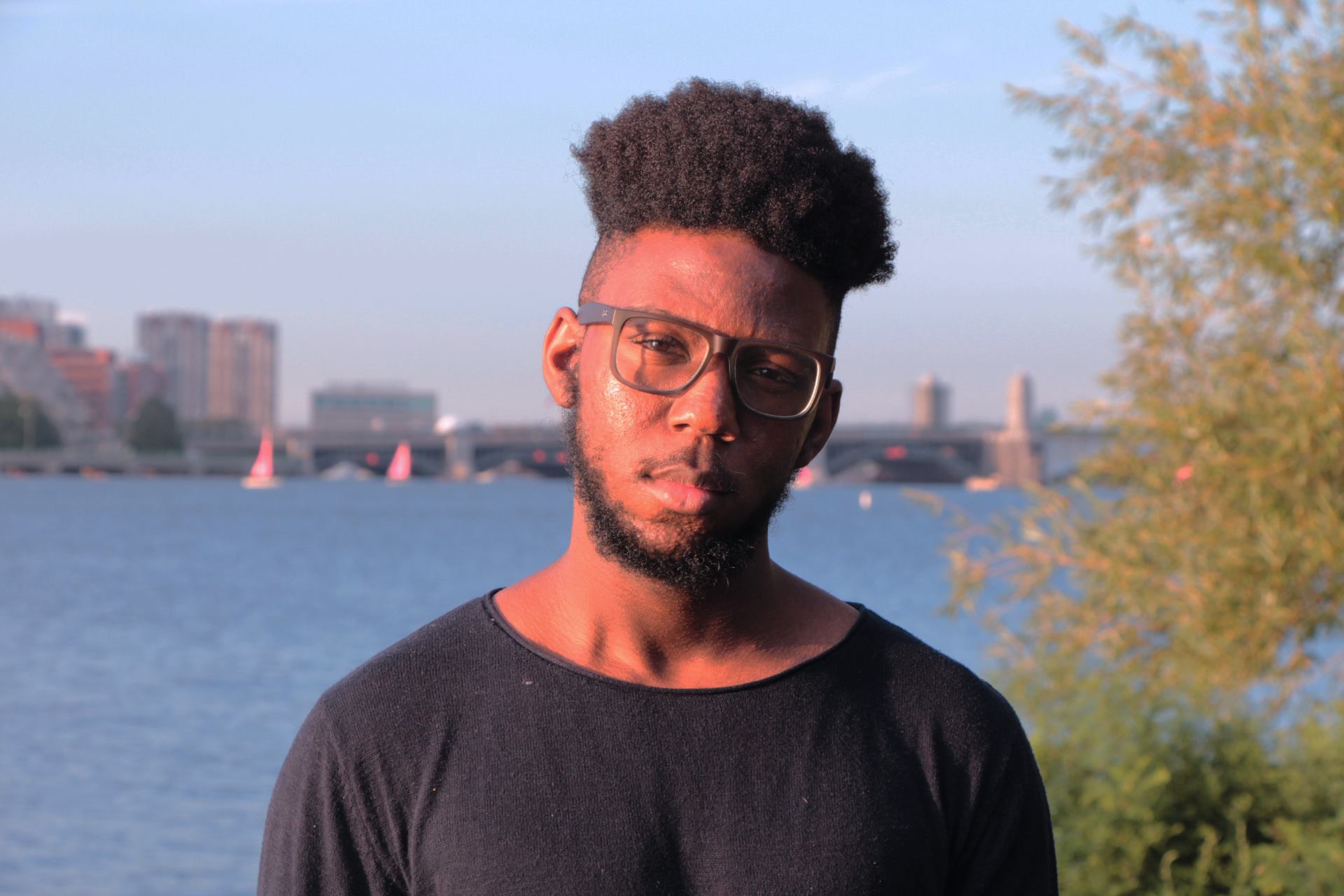What Chris Christie Gets Wrong About Solitary Confinement

By:
On Monday, New Jersey Governor Chris Christie vetoed a bill that would have severely restricted the state’s use of solitary confinement, a blow to prison reformers and civil liberties advocates. In a statement, the governor dismissed the bill as a “ill-informed, politically motivated press release.”
The legislation would have limited solitary confinement to 15 consecutive days, or 20 days in a two-month period, and banned it altogether for people who are mentally ill, pregnant, or have other special needs. It would have also required that those being isolated receive daily medical evaluations.
However, Christie wrote that the bill was unnecessary, writing in part that:
“This bill seeks to resolve a problem that does not exist in New Jersey, because the Department of Corrections (“DOC”) in this Administration does not utilize isolated confinement, as contemplated by the bill. In fact, it was this Administration that ended disciplinary detention as a sanction. But why would the facts ever interfere with the sponsors’ political agenda?”
To be clear, New Jersey does isolate prisoners in segregated housing units, but the state maintains that this is not punitive. Christie accused supporters of the bill of "truly breathtaking" irresponsibility for seeking to get rid of that form of housing.
“This bill would eliminate DOC’s restrictive housing units, severely limiting DOC’s ability to ensure a safe environment for inmates and correctional staff alike,” Christie said.
Alexander Shalom, a senior staff attorney with the ACLU New Jersey, said in an interview with ATTN: that the state’s “administrative segregation” functions as solitary confinement.
“Doesn’t matter if you call it ‘disciplinary detention’ or ‘administrative segregation,’ the consequences are what matter,” Shalom said. "Torture by any other name is just as horrible.”
Advocates for reform say politica leaders like Christie use jargon to obscure their own inhumane practices. As of October 18, at least 1,258 state prisoners were in “restricted housing," according to DOC.
The effort to limit the practice in New Jersey is part of an international movement to end solitary confinement. A nationwide prison strike earlier this year was likewise meant to put “an end to long-term solitary confinement or administrative segregation,” according to Azzura Crispino, media co-chair for the Incarcerated Workers Organizing Committee.
“The United Nations considers it torture past 14 days and we’ve got guys who’ve been in solitary confinement for 14 years or more," Crispino said, citing the case of Albert Woodfox, who was held in solitary confinement for 43 years in Louisiana.
The United Nations has for eyars stressed that any isolated confinement longer than 15 days can cause mental health issues and should be abolished.
“Considering the severe mental pain or suffering solitary confinement may cause, it can amount to torture or cruel, inhuman, or degrading treatment or punishment when used as a punishment, during pre-trial detention, indefinitely or for a prolonged period, for persons with mental disabilities or juveniles,” Juan E. Méndez, UN Special Rapporteur on torture, said in 2011.
The lack of human interaction that the isolated experience can cause anxiety, panic, insomnia, paranoia, aggression and depression, according to psychology experts.
Shalom told ATTN: that “every credible source” agreed that New Jersey’s housing segregation amounted to solitary confinement. He also rejected Christie’s claim that isolation protects everyone, calling it short-sighted:
“The fundamental question that New Jersey needs to ask, that Christie should have asked, is we know that a huge majority of people that are in prison are going to get out of prison. So in what condition do we want them to come out of prison? Do we want them to be more damaged than when they came in or do we want them to be in better shape? We know that if they are subject to solitary confinement the chances are they will be mentally damaged, they will be more likely to seriously mentally ill, they will be more likely to have rage fantasies and engage in self-harm and all sorts of other horrible consequences. And that will ultimately hurt public safety because… recidivism.”
The issue of solitary confinement in New Jersey came up earlier this year when an analysis of 446 incidents of confinement found the use of to be “excessive” and “arbitrary” for immigrant detainees at the Essex County Correctional Facility in Newark.
The report noted that the facility “routinely ‘stacks’ charges, meaning it charges a detainee with multiple offenses for a single incident, thus circumventing New Jersey’s 15-day limit on a solitary confinement sentence for a single charge.”
